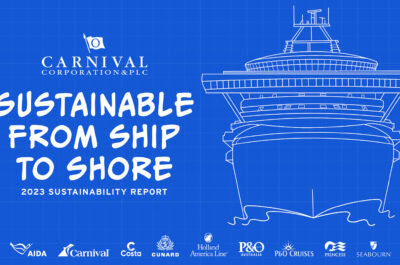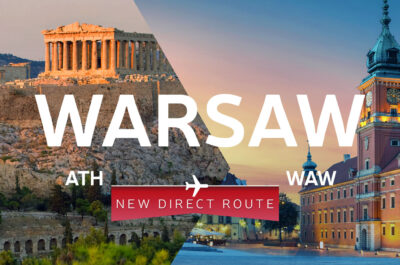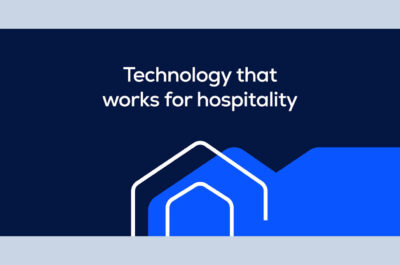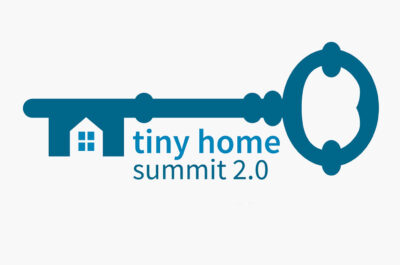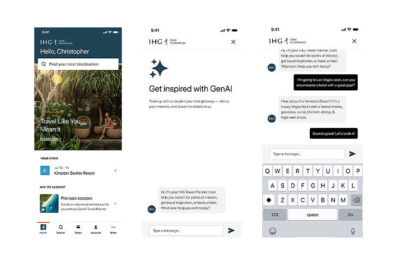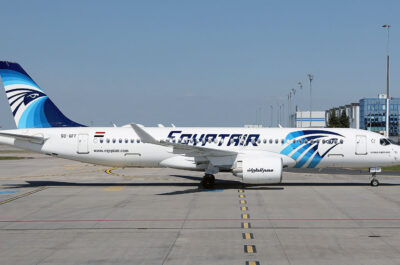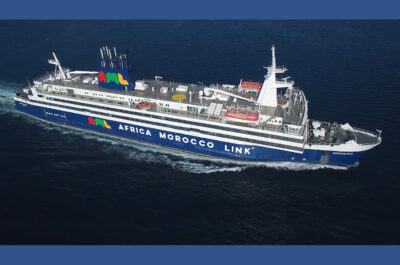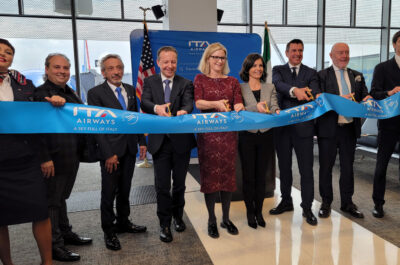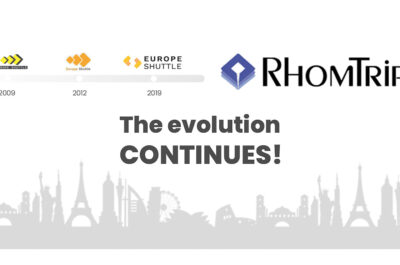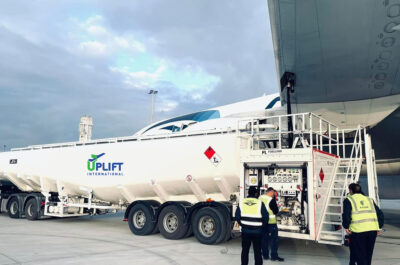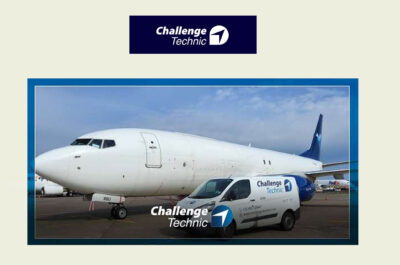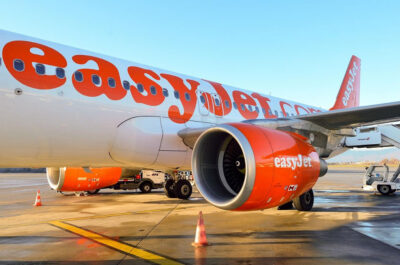There are essentially two main disciplines among travel agencies – those that manage corporate travel and those that manage leisure travel. Travel agencies handling corporate travel will retain their traditional way of conducting business and will continue to offer service support from their physical establishments with some providing Internet-based service support. Leisure travel agencies, on the other hand, will have to transform their business model and move beyond existing branch and call center operations. The dynamics of travel planning are changing with more and more customers preferring to buy tickets online rather than through face-to-face or phone interactions.
The internet is bringing the world together and changing the way customers buy products and services from businesses. This holds especially true in the travel industry, where customers can now plan their holidays, book flights and hotels, rent cars and explore packages online from the comfort of their personal computers and mobile devices. Full-fledged travel web sites offer customers increased flexibility, transparency and convenience when planning their travel and could soon replace brick and mortar operations for travel agencies.
There are essentially two main disciplines among travel agencies – those that manage corporate travel and those that manage leisure travel. Travel agencies handling corporate travel will retain their traditional way of conducting business and will continue to offer service support from their physical establishments with some providing Internet-based service support.
Leisure travel agencies, on the other hand, will have to transform their business model and move beyond existing branch and call center operations. The dynamics of travel planning are changing with more and more customers preferring to buy tickets online rather than through face-to-face or phone interactions.
Going online is no longer optional for travel agencies – this transformation is essential for both their growth and survival. There are several challenges to experience when undertaking this change, but moving to an online model offers travel agencies ample opportunities to serve their customers better and earn higher revenues with greater profitability.
Going online is barely enough, though. Adopting a modern look-and-feel and keeping a web site up-to-date with a contemporary design and navigation is crucial in order to attract customers an in order to avoid high abandon rates.
The following is a discussion of three important trends for travel agency web sites and how they impact travel agencies of varied sizes and scopes of operations.
The rise of mobile devices
Using responsive technology that works across different channels is very important for a travel website. 50% of website traffic is generated from mobile devices. Web sites that lack responsive capabilities make it impossible for customers to navigate and search for information on them. This is a main factor that causes customers to abandon a travel agency’s website.
It is important for web sites to offer a seamless, continuous experience across multiple devices – PCs, smartphones and tablets. Customers should experience the same level of support and the same solution, regardless of the channel they use to transact with the travel agency.
Offering a personalized user experience
One of the greatest challenges is to make the customer feel “at home”. This includes offering personalized deals based on a customer’s profile and the history of reservations and by managing member clubs and various interest groups.
Applying data analysis methods and prediction techniques to customer activities has been proven as an efficient way to create a better customer experience in a way that makes the customers feel that their specific needs are being answered even before they fully express them.
Adopting a SaaS model for web site management
Conventional web site development requires a business to build up the entire infrastructure, go through multiple stages and have their own internal IT teams to build, operate and maintain a web site. This is an expensive and time consuming proposition for an enterprise sized web site. Some enterprises even outsource many of the processes of managing their web sites, which just makes the entire process more complex. However, a cloud-based web site management platform-based service offers travel agencies the option to select a package based on their size and budget.
A cloud-based web site management platform lets travel agencies adopt a pre-designed, managed service that can grow automatically with their business. Without significant investment in IT resources, a SaaS model can help travel agencies start with a small number of online transactions and eventually grow their online presence as their business picks up.
A SaaS model also enables travel agencies to grow their business online faster than operating a call center and adding extra infrastructure to support the growth. Businesses can add new features and new services to their roadmap in an easier and faster manner. This lets travel agencies focus on their core business instead of on growing their IT capabilities, which frees time to let them improve their services to a greater extent.
Each travel agency has its own unique starting point for this discussion based on its current situation. Here’s a look at the status of their web sites and how to improve their existing capabilities in order to generate more revenues online.
Information only websites with no online sales capabilities
Typically, small and independent travel agencies have web sites that only offer information about their business but do not offer any online sales. They depend on call centers and staff that talk to customers, suggest different products and make bookings.
Previously, travel agencies would focus on getting customers on call to sell them different products and services. However, customers today want reliability and transparency in their transactions and this can only be offered using web sites with online sales capabilities.
Such businesses should focus on upgrading their web sites to offer customers the ability to purchase their services over their website and make payments online. Providing eCommerce services over their web sites will save considerable money for small travel agencies, as it is easier to grow online sales than to hold a large call center to manage sales.
Web sites that offer basic sales capabilities
Medium sized travel agencies typically have web sites where customers can buy their products and services online, but they still manage most of their sales over the phone or through in-person interactions with customers that walk into their physical establishments.
Such travel agencies should focus on providing more competitive features and support latest capabilities like allowing customers to build customized packages according to induvial preferences and budget. Travel agencies in this situation can generate additional sources of revenue by offering up-sales, such as upgrades to a car size class or local tour packages, and cross-sales, such as luggage or similar fulfillment items.
Another challenge these travel agencies experience in this situation is that their web sites are not necessarily optimized for SEO. High organic rankings on Google and other search engines is vital for any travel agency looking to promote sales through its web site.
Web sites that offer full online sales capabilities
Large travel agencies typically have web sites that offer full sales capabilities. However, the higher tier businesses have to be more competitive and constantly improvise their service offerings to attract customers.
For such travel agencies, the next step for their web sites would be to add middleware logic and focus on offering more personalized experience to their online customers. These web sites may already offer a complete product catalog online, but can go beyond by adapting technology and business intelligence tools to be able to serve and monitor their users better. This will help such travel agencies offer better products, perform more statistical analysis on pricing and price variations and offer more competitive pricing schemes.
Larger travel agencies tend to have several branches at multiple locations and need a central online solution as well as branded solutions for each of their branches. They require a web site that has built in support for managing the central solution’s entire system as well as individual sites for each of the branches. As a next step, such agencies should look for an online solution that gives authorization to branches to offer their own pricing and customization for their individual sites, as well as offer better coordination among these branches.
Yael Gat is the CTO of LogNet Travel. She has extensive experience in designing and implementing customer and revenue management software solutions for service providers in a range of vertical markets.
Theodore is the Co-Founder and Managing Editor of TravelDailyNews Media Network; his responsibilities include business development and planning for TravelDailyNews long-term opportunities.
































































































